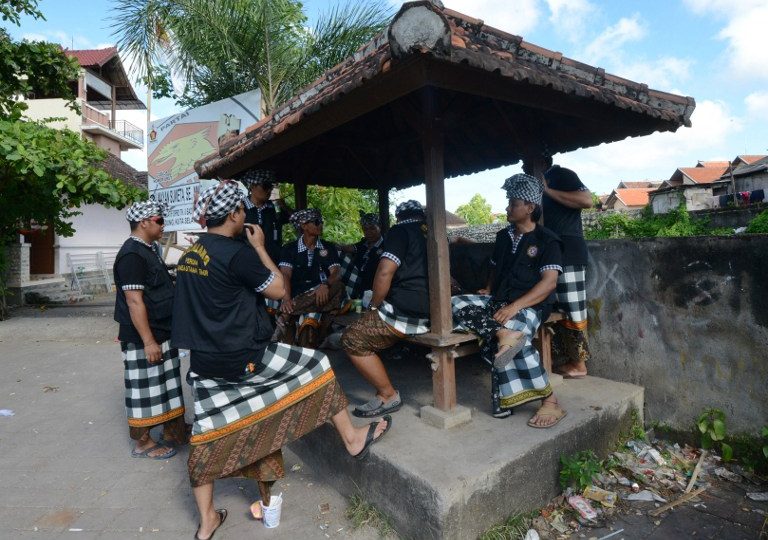Bali’s going offline this year for Nyepi, the fast approaching Balinese Hindu New Year and “Day of Silence.” But only sort of.
There have been plenty of international headlines claiming that Bali will “shush social media” for the 24-hour holiday, which kicks off on March 17 at 6am and finishes on March 18 at 6am, but that’s not totally the case.
Under order of Indonesia’s Ministry of Communication and Information Technology (Kominfo), mobile providers will be blocking data access on their networks during the holiday, but internet service providers (ISPs) won’t be required to switch things off. So, if you’ve got a broadband connection, you should still have regular access to the internet on Nyepi.
Nyoman Sujaya, head of Kominfo’s Bali Office, confirmed the news that mobile providers will have to quiet their data services, speaking from Jakarta on Tuesday.
“There was a meeting yesterday in Jakarta with the Ministry. They agreed to the proposal, so when it’s Nyepi, it’s certain that internet, specifically, the data packets on smartphones will be turned off. The providers involved were also present yesterday and approved,” Sujaya said, as quoted by Kumparan.
But those using broadband connections like fiber optic, especially for places like hospitals and police stations where having internet could mean the difference between life or death, the connection will still be on, said Sujaya.
“So it’s only data packets for smartphones (that are prohibited for the day),” he explained.
Driving the movement to take Bali offline for Nyepi has been the Parisada Hindu Dharma Indonesia (PHDI), the country’s leading authority on Hinduism, along with help from Bali’s governor. A circular was issued on February with signatures from Bali’s highest ranking officials like Bali Police Insp. Gen. Petrus R. Golose and even the governor, Made Mangku Pastika. In the appeal, it’s written that it’s “hoped” that cellular providers will switch off data on Nyepi.
Above all else, PHDI has said it wants to stop people from taking selfies on the sacred day, when everyone on the island — Hindu or not — is expected to power down. People stay inside, lights are not supposed to be seen from the street (if you’re really Balinese Hindu, you’re not using lights in the first place), and even the island’s international airport is closed for the 24-hour period. Tradition holds that you’re supposed to refrain from physical work as well as travel, while the time should be used for self-reflection.
The age-old practice is guided by the Balinese belief that mythical evil spirits come out on the new year. By hiding, they trick the spirits into thinking Bali is deserted. Pecalang, the traditional Balinese neighborhood security, monitor the streets and make sure everyone is complying. However, of course not everyone, especially the non-Balinese/non-Hindu population are 100 percent following the rules.





Reader Interactions